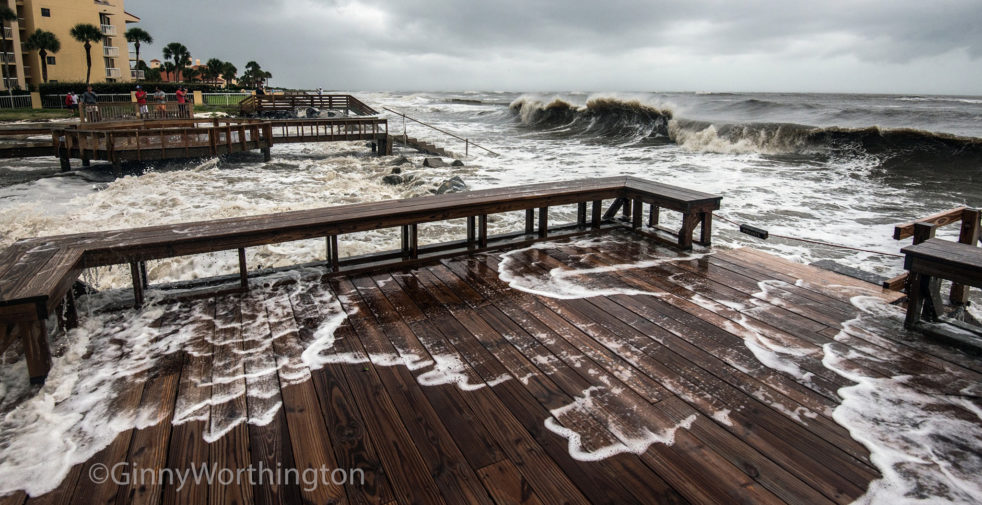This past Thursday, Hurricane Dorian finally made landfall in the coastal areas of Georgia. After sitting over the Bahamas for a long period earlier last week, Dorian began creeping up the Atlantic coast. Areas of Florida, Georgia and the Carolinas evacuated in the days leading up to the storm. Many Tech students who live in these areas aided family members as they evacuated. Alex Carter, a second-year ME from St. Simon’s Island, Ga., described helping her family pack prior to evacuating.
“As we secured our home in preparation to leave due to [Dorian], I took one long look back and realized … our lives could be very different 24 hours from now,” Carter explained.
Despite ominous reports leading up to Dorian’s impact, the devastation was minimal to most areas of Georgia. Governor Brian Kemp took a cautious approach and enacted mandatory evacuations in various counties east of I-95 early last week as well as declaring a state of emergency in 21 counties.
“We do not want to have a death in Georgia because of the storm, because of somebody not taking it seriously,” Governor Kemp was quoted by the Atlanta Journal-Constitution. Early this week, Georgia Power finally restored power to the few areas that experienced outages along the coast. Apart from power issues, some of the barrier islands along the Ga. coast like Tybee Island and St. Simon’s Island experienced high winds, fallen trees and rising water along the coastline. Luckily, no serious injuries or fatalities have been reported in Georgia.
Dorian’s slow movement across the Caribbean was considered unusual by many experts. Zachary Handlos of the School of Earth and Atmospheric Sciences here at Tech commented, “It is very rare to see that happen over land, such as what occurred in the Bahamas a few days ago.” At one point, the hurricane slowed to less than 1 mph when passing over the Bahamas.
Meteorologists reported that the high-pressure system over the Bermuda Area pushed Dorian west toward the Bahamas where it slowed after making landfall. This resulted in a large deviation from the original estimated trajectories reported by the National Weather Service. As a result, Dorian hit the Bahamas hard, but was downgraded to a category two storm before reaching the US coast.
Due to the damages sustained in many areas of the Bahamas, the Sam Nunn School of International Affairs here at Tech has started a relief drive to benefit Bahamians in need as a result of the storm. They are collecting monetary donations as well as food and specific goods listed on their website at iac.gatech.edu
Tech students ought to consider donating and checking on friends and family that may have been affected by the storm. As hurricane season continues for the coming months, areas of the Caribbean and the Atlantic are expected to face additional storms.
